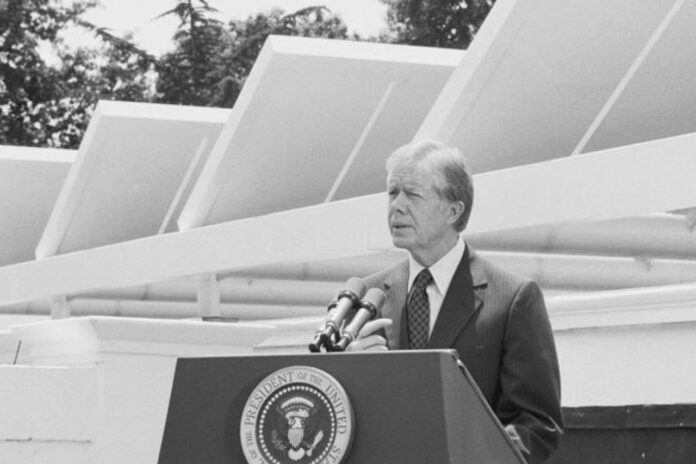Back in 1979, President Jimmy Carter gave a speech that seemed ahead of its time. Amid the energy crisis, he challenged Americans to look within and think about how we define ourselves. He asked: How much is enough?
Carter warned that materialism was taking over our lives, urging people to stop focusing on owning more things and start focusing on what truly brings happiness. He believed that by embracing moderation, we could fix big issues like pollution, energy dependence, and political divisions. His call for change briefly sparked a shift, with his approval ratings jumping. But, critics quickly labeled his speech the “malaise speech,” and his message got lost.
Fast forward to today, and Carter’s words feel eerily relevant. Despite his call for change, materialism has only grown. We constantly strive for bigger, better, more—and yet, we’re not happier. Research shows that even college students are more focused on wealth than on finding meaning in life.
The world has changed, but Carter’s warning remains. We’ve seen the rise of social media, constant consumption, and growing divides in society. It’s clear that our patterns need to shift—whether it’s about how we spend or how we care for the planet.
Maybe it’s time for another look at Carter’s message. Small changes in our daily lives could have a ripple effect—leading to a more thoughtful, balanced world. Let’s start with simple shifts. What do we really need? How much is enough?




























